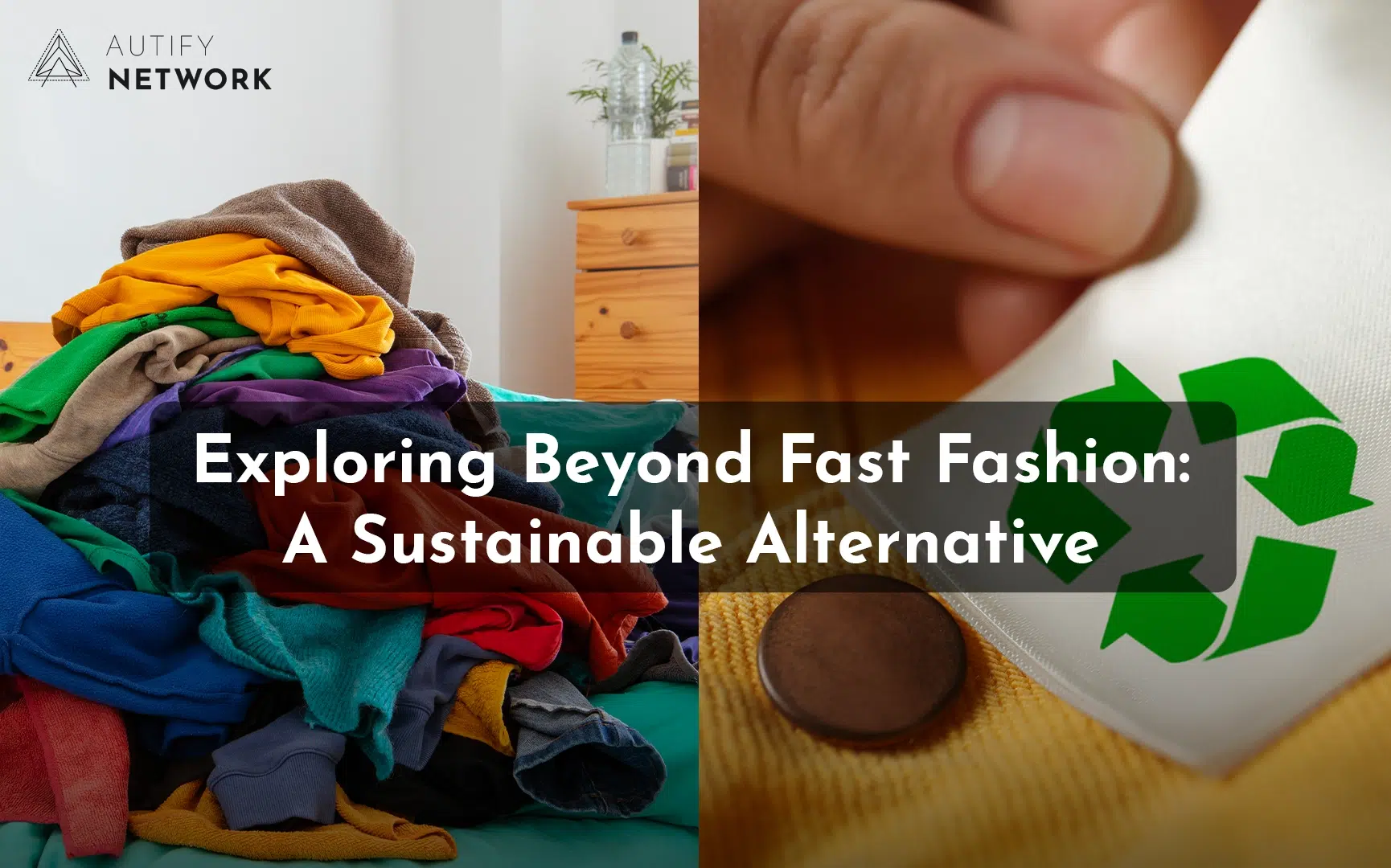
Why Sustainable Supply Chain Matter for Luxury Fashion brands?
In today’s fashion industry, sustainability is becoming an increasingly important topic. As consumers become more aware of their purchases’ environmental impact, they seek brands to reduce their carbon footprint and minimize waste. For luxury fashion brands, this can be a tricky balancing act. On the one hand, they want to appeal to environmentally conscious consumers, but on the other hand, they don’t want to compromise on quality or luxury. Today’s blog will discuss the importance of a sustainable supply chain in luxury fashion.
According to a report by IBM, consumers are willing to pay a premium for sustainable products, with 70% saying they would be willing to pay more. Additionally, a survey by Accenture found that 63% of consumers are more likely to buy from a brand with a strong sustainability reputation. For luxury fashion brands, this means that building a sustainable supply chain can not only help the environment but also increase revenue.
Creating a sustainable supply chain is one of the critical ways that luxury fashion brands can become more environmentally friendly. In short, it means ensuring that all of the materials and components used in their products are sourced in an ethical and environmentally friendly way. It also means working with suppliers and manufacturers committed to reducing their environmental impact. Thus making them more appealing to environmentally conscious consumers while maintaining their luxury status.

Luxury Meets Sustainability: The Rise of Sustainable Materials
Sustainable materials like organic cotton, & recycled polyester are the primary materials in this journey. Ensuring these materials are sourced ethically without exploiting or abusing workers is also essential.
According to a Global Fashion Agenda report, sustainable materials can reduce the fashion industry’s environmental impact by 30%. Using sustainable materials, luxury fashion brands can reduce their environmental impact and appeal to consumers looking for sustainable fashion options. Moreover, it will reduce production costs and increase brand reputation, which is a win-win situation for the brand.
From Farm to Runway: The Impact of Ethical Suppliers
Another critical aspect of building a sustainable supply chain is working with suppliers and manufacturers with strong environmental records. This means looking for suppliers and manufacturers with a good track record of reducing their environmental impact. This could include using renewable energy, reducing water consumption, and minimizing waste.
Boston Consulting Group found that companies with sustainability practices can improve operating margins by 2%. By working with ethical suppliers, luxury brands can ensure that their products are made in an environmentally friendly and ethical way. Additionally, by working with ethical suppliers, brands can avoid negative presses. Thus saving them from the reputational damage that might be caused by association with unethical practices.
Traceability in Luxury Fashion Supply Chains
Traceability is crucial in building a sustainable supply chain. Basically, it means tracing the origin of all the materials and components used in the products. This will help luxury fashion brands ensure that all the materials are sourced from sustainable and ethical suppliers and manufacturers. It will also help identify any potential issues with the supply chain, such as exploitation or abuse of workers.
According to a report by the World Bank, traceability is a critical tool for ensuring sustainable and responsible sourcing of materials. It can help identify and address illegal logging, human rights violations, and other environmental and social concerns. Besides that, implementing traceability in supply chains can help brands comply with regulations and standards, such as the EU’s General Data Protection Regulation (GDPR) and the EU Timber Regulation (EUTR).
Building Consumer Trust with Transparency
Transparency is another crucial aspect of building a sustainable supply chain. Essentially, it means creating a public report detailing the entire supply chain, from sourcing materials to the final product. This will give consumers confidence that the brand is taking the necessary steps to ensure its products are environmentally friendly and ethical.
Luxury fashion brands can build consumer trust and demonstrate their commitment to sustainability by being transparent about their supply chain. Thus, luxury fashion brands can increase their reputation and brand loyalty, which is crucial for long-term success.
Long-Term Keeping Customers Is Key To Growth
Lastly, building a sustainable supply chain for a luxury fashion brand is essential to the industry’s future. Consumers are becoming more aware of the impact of their purchases on the environment. They are looking for brands to reduce their carbon footprint and minimize waste.
A sustainable supply chain will allow brands to build long-term customer relationships. The most effective way to build customer loyalty is to show them that you care about them and their needs. Thus, investing in sustainability, traceability, transparency, and intellectual property protection is critical. These practices allow brands to build trust and reputation with their current customers, who will keep them loyal to your brand for years to come.
Conclusion
All the above data-backed statistics have shown that a sustainable supply chain helps the environment and increases revenue. It also attracts consumers willing to pay more for sustainable products and increases brand reputation.
Brands that implement sustainable practices in their supply chain can also avoid reputational damage, comply with regulations and standards and increase financial performance. Luxury fashion brands must take action and integrate sustainability into their supply chain to stay competitive and appeal to conscious consumers.
Now you know how important a sustainable supply chain is for the future of luxury fashion. Sign up with Autify Network today to access the world’s most extensive list of verified sustainable suppliers.








Comments are closed.